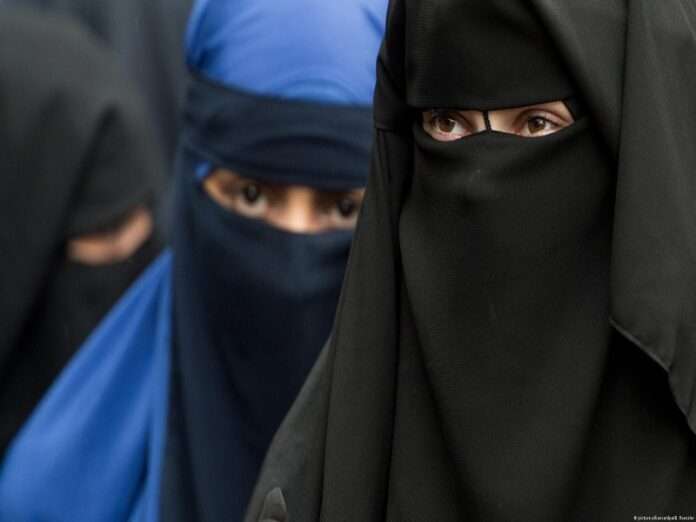Russia’s majority-Muslim regions of Dagestan and Karachay-Cherkessia temporarily banned the niqab on security-related pretexts in the aftermath of last month’s terrorist attacks in Dagestan. The temporary nature of this restriction is meant to avoid violating federal law after a government document from the Cabinet seen by Kommersant in late May described a full ban as unconstitutional. That came in response to the head of the Human Rights Council calling for this shortly after late March’s Crocus terrorist attack.
It’s ironic that Russia’s majority-Orthodox Cabinet considers a full ban to be an unconstitutional violation of its citizens’ freedom of religion while at least two of its majority-Muslim regions thus far consider a temporary one to be a prudent security-related measure. This disconnect is likely due to the first’s fear of offending Russia’s growing Muslim minority, which the Grand Mufti predicted in 2019 will constitute around one-third of the population in the next 15 years, and the second’s on-the-ground reality.
The Cabinet might be acting nobly, and there’s no doubt that there’s a sizeable segment of this minority that would object to banning the niqab, but those Muslims on the front line of Russia’s domestic War on Terror in the North Caucasus understand the pragmatism behind temporary measures. At the very least, the niqab can be worn by male terrorists to disguise themselves in order to move freely among society while smuggling explosives and/or weapons, thus making this garment a security risk.
There’s also the fact that the Central Asian Republics from which the vast majority of Russia’s migrant population originates have banned the niqab to varying degrees for similar security-related reasons as well as concerns that this foreign (Arab) tradition contributes to radicalizing members of society. By letting their citizens wear it during their stay in Russia, the federal government is inadvertently undermining their policies, which in turn risks destabilizing those countries once those citizens return.
“Putin & The Patriarch Reminded Russians That Ethno-Religious Hate Speech Is Unacceptable” as part of their national unity efforts after the Crocus terrorist attack, but publicly discussing the socio-security benefits of banning the niqab doesn’t constitute such. It’s only controversial if someone associates terrorism with Islam like the Head of the Russian Investigative Committee Alexander Bastrykin recently did while lobbying for this policy and accidentally upset Chechen leader Ramzan Kadyrov as a result.
The latter’s region already informally banned the niqab long ago, with this being the case beyond any doubt after a group of women were scolded on local TV in late 2020 for wearing this garment in public and then forced to remove it. Chechnya, much more than any other region in Russia, understands the socio-security risks of applying a laissez-faire approach towards foreign religious traditions even if this is for well-intentioned reasons related to upholding citizens’ human rights and whatnot.
While the federal government might remain fearful of reversing its position on the alleged unconstitutionality of officially banning the niqab, Russia’s majority-Muslim regions of Chechnya, Dagestan, and Karachay-Cherkessia are paving the way through their informal and temporary bans. More regions could foreseeably follow their lead and couldn’t be accused of ethno-religious hate speech since it’s Russian Muslims themselves that are pioneering this pragmatic solution to such a sensitive issue.







